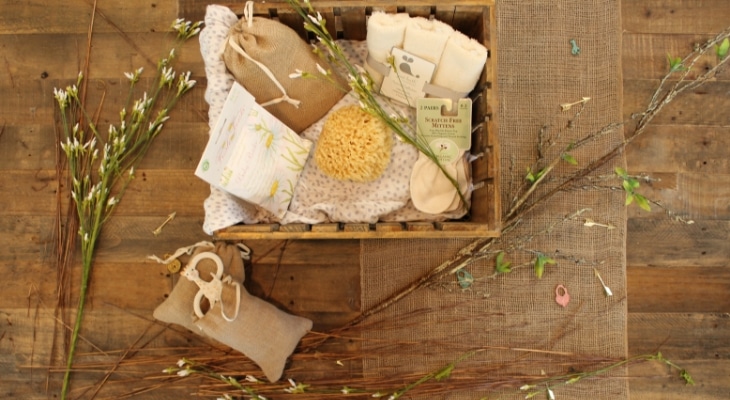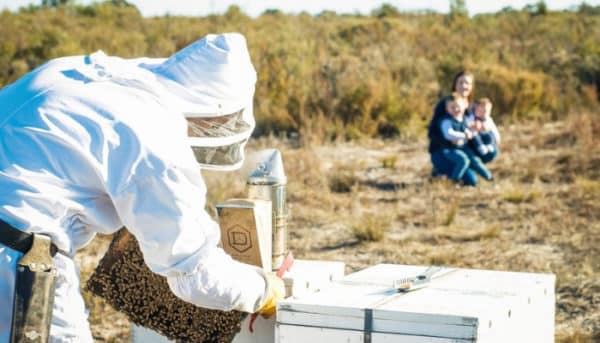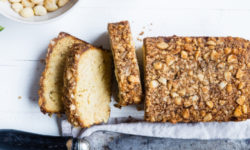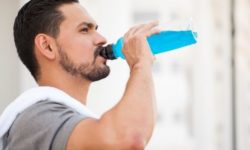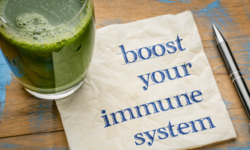Chemical-Free, Cruelty-Free Beauty: Why it’s the Way of the Future
For an ever-increasing number of us, it’s a case of the fewer ingredients the better – or at least the fewer harmful ingredients the better – when it comes to what we’re willing to put on our skin. In fact, the organic cosmetics and toiletries market is growing by about 13 per cent a year in Australia, and is currently worth $370 million, according to market research giant IBISWorld.
We’re concerned about how our beauty products get to market too, with 46 per cent of Australian women who use cosmetics saying they look for the “not tested on animals” wording when they’re deciding what to buy.
Motivated by statistics like that, in early 2019 the Australian Senate finally passed the Industrial Chemicals Bill, which bans the use of new animal test data for chemicals introduced into Australia for use as ingredients in cosmetics. Animal welfare groups have labelled the legislation as a vital step towards ending cosmetic animal testing in Australia. However, not only does the Bill not come into effect until July 2020, some groups are concerned about the existence of potential loopholes and say Australian consumers who are passionate about this issue will continue to need a credible, trusted source of cruelty-free products.
“Australia – from a people perspective, not a government perspective – is one of the leading countries in the world when it comes to driving environmental change and being conscious of how products are made,” says Julie Mathers, founder and CEO of Flora & Fauna, Australia’s largest vegan and cruelty-free beauty and lifestyle store.
Following its launch in 2014, Flora & Fauna’s online store now stocks more than 5,000 products from 240 ethical, natural brands. “When we started out, we did a couple of orders a day if we were lucky,” Mathers recalls. “Now we’re much, much bigger, sending out several thousand orders a week. It’s certainly grown a lot quicker than we expected. But we live in a beautiful country, and Australians care about it and are proud of it. And, as a result, they want to protect it.”
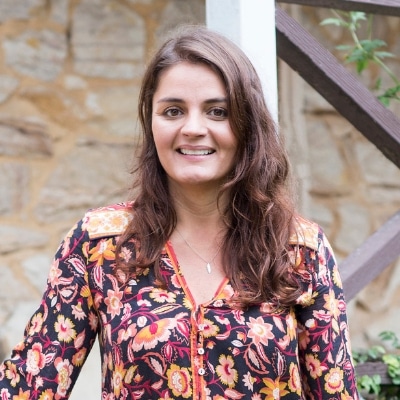
Julie Mathers, founder and CEO of Flora & Fauna
On top of protecting the environment, protecting themselves is a big driver for many health-conscious Australians, too – people like Stephanie Clifford Hosking. A hairdresser by trade, she started to think more carefully about the products she was buying and using when she fell pregnant, 11 years ago.
“It just made sense at that time in my life to do what I could to minimise my exposure to chemicals, and it’s something that stuck,” she says. “Now I’m passionate not only about what I use myself, but what my children put on their skin, and the products that I expose my hairdressing clients to. And of course, it stands to reason that I expect any of the ‘no nasties’ products I buy to be cruelty free, as well.”
It was similar expectations, but a lack of natural, toxin-free baby-friendly body products on the market back in 2015, that inspired Tanya Stanley to launch Beetanicals. Her brand’s range is built around kindness for our environment, animals and our skin, and features beeswax-based balms designed to help soothe everything from skin to coughs and colds.
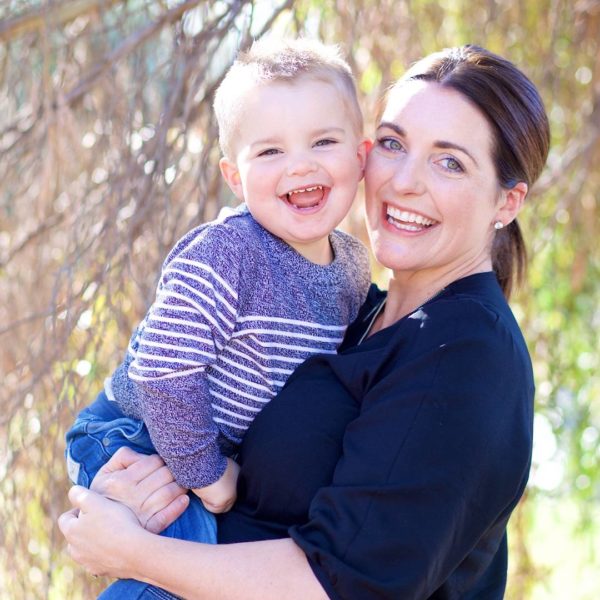
Tanya Stanley (Founder of Beetanicals) and son Cooper
“As a bub, my son Cooper had very sensitive skin and suffered from mild eczema, so when a search for natural, toxin-free products that could help proved unsuccessful, I decided to make my own,” says Stanley. “When we saw the positive effects my homemade beeswax balms had on soothing Cooper’s eczema, I knew there’d be plenty of other parents like us who were desperate for a safe, natural and effective way to help their child.”
After four years of research, product and brand development, Beetanicals was launched in 2018 and is going from strength to strength. “Consumers are becoming more and more educated, and more conscious about the brands they support and what they’re putting on their skin, and this is only going to grow,” says Stanley. “Plus, with the increase of environmental information available, cruelty free is also a big issue – no-one wants to see our beautiful animals harmed in the process of manufacturing products. At Beetanicals, we always test on willing family and friends – never animals.”
How to bring chemical- and cruelty-free beauty into your business
It’s a smart business move, but it’s vital to get it right. Start by:
Educating yourself.
“You need to do this first, so you can source product authentically,” says Mathers. “And educating yourself around accreditation’s is particularly important.” Stanley agrees: “I think there are many misconceptions and false claims in the industry, particularly regarding organic products, and consumers are becoming confused and sceptical.” Because of that, Stanley was passionate about having all Beetanicals products endorsed by Native Oils Australia’s Clean and Pure Quality Assurance program. “It’s important to us that Beetanicals is recognised as a brand that consumers can trust, but I also think it demonstrates to retailers our diligence and care in ensuring a high-quality product.” Trusted certified cruelty-free symbols include PETA’s Beauty Without Bunnies logo and the Leaping Bunny logo. And even though there’s no such thing as 100 per cent chemical free, beauty brands that carry the Australian Certified Organic logo don’t contain synthetic chemicals, while those that carry Safe Cosmetics Australia’s Australian Certified Toxic-Free seal of approval are free of chemicals that are internationally recognised as the top offenders.
Knowing the difference between vegan and cruelty free.
Because they’re not the same. It’s possible for a product to be cruelty free but not vegan, and in some rarer cases, vice versa. Work out what your customers’ priorities and requirements are, and buy products that tick the right boxes.
Making sure your claims are accurate.
“As a retailer, if you claim that something you’re selling is cruelty free, for example, you need to make sure it truly is, and that includes a product’s parent companies,” says Mathers. While using the logos and accreditation programs mentioned above as a safeguard is key here, in lieu of those, always contact the manufacturer to ensure a brand can substantiate any claims it’s making or for more information about specific ingredients.
-
Get your FREE ticket
- REGISTER NOW
